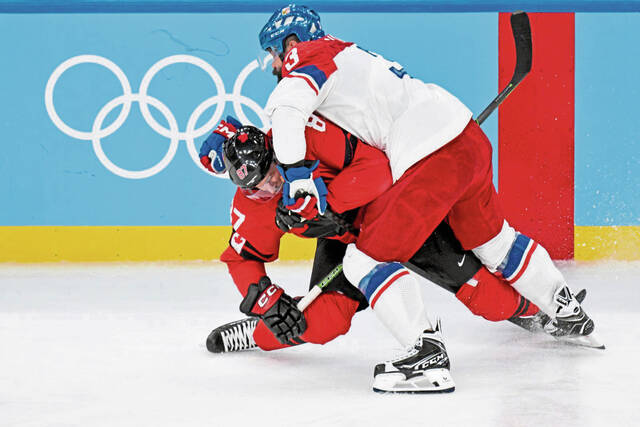As the Pittsburgh Penguins enjoy some rare downtime during this grueling covid-19 compressed schedule, let’s take a moment to ponder two looming questions.
• Can the Penguins finish first in the NHL’s East Division?
• Does it matter at all if they do?
I’ll say “yes” to the first question and “no” to the second one. Here’s why.
The Pens have 14 games left. Only four are against teams currently in the top four in the East playoff standings. Two at home against the fourth-place Boston Bruins (April 25, 27) and two in Washington against the first-place Capitals (April 29, May 1).
The other 10 are against the Philadelphia Flyers, New Jersey Devils and Buffalo Sabres. They are the last three teams in the East Division standings as of Wednesday morning.
Meanwhile, the Capitals and New York Islanders have to play each other three more times. And they both play the fifth-place New York Rangers multiple times down the stretch, whereas the Penguins are finished with the Rangers as an opponent.
So the notion of the Pens winning the division is not at all far-fetched. In fact, it appears as if the schedule favors them slightly — even if their injury-plagued roster doesn’t.
That said, how important is winning the division if the opponents within the East playoffs are the other three current members of the top four (Bruins, Islanders and Capitals)?
After all, at this rate, finishing first would yield a first-round matchup against the fourth-place Bruins. Boston is 4-2 against the Penguins so far this year. Mike Sullivan’s team is 6-2 against the Islanders and 4-2 against the Caps.
TribLive Penguins beat writer Seth Rorabaugh joined me for Wednesday’s hockey podcast. And he agrees that the differences between playoff seedings and pairings are going to be more narrow than ever.
“I don’t see home ice being nearly as relevant or nearly as important in this situation than in normal years,” Rorabaugh said as he pointed out the lack of full attendance in buildings, thus deadening home-ice advantage for teams with better records.
“You don’t have a wild-card situation. Or even the old 1-8 situation where you could be playing just about any team in the conference,” Rorabaugh continued. “You are playing a team you are very familiar with and they are familiar with you. Should the Penguins get first place and play the Boston Bruins, I don’t know if that would be any more significant than, say, if they were in third place and playing the New York Islanders. All these teams are very familiar with each other through the first few rounds.”
The more interesting debate might be, if the Penguins emerge from their division in the postseason, who they could get in the Stanley Cup semifinals.
With this year’s modified format, it might be advantageous to draw the winner of the all-Canadian North Division. The more wide-open style of play could benefit the Penguins. And the notion of avoiding the likes of Colorado, Las Vegas or the defending champion Tampa Bay Lightning until the Cup Final would be nice.
“Playing one of those Canadian teams would be a much easier route to the Stanley Cup Final for anyone,” Rorabaugh said. “My biggest curiosity with the Canadian teams is where are those games going to be played. Would those games be at a neutral site? Would you be playing all seven games in the American city?
“Strictly on the ice, it’s probably an easier route to the Stanley Cup Final if you are playing a high-flying team like Edmonton or Toronto, where maybe defense isn’t the first priority there.”









